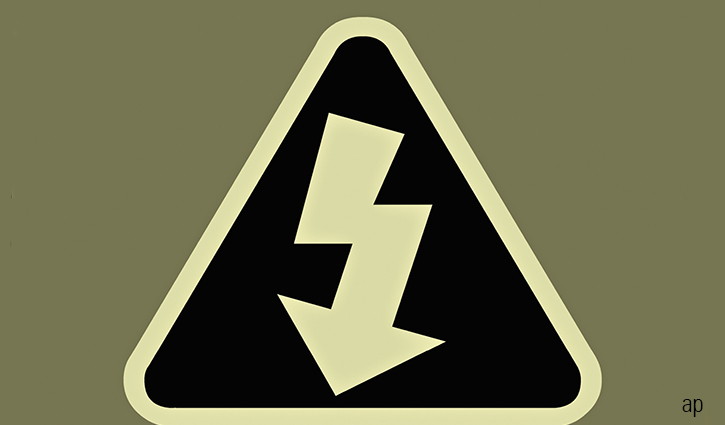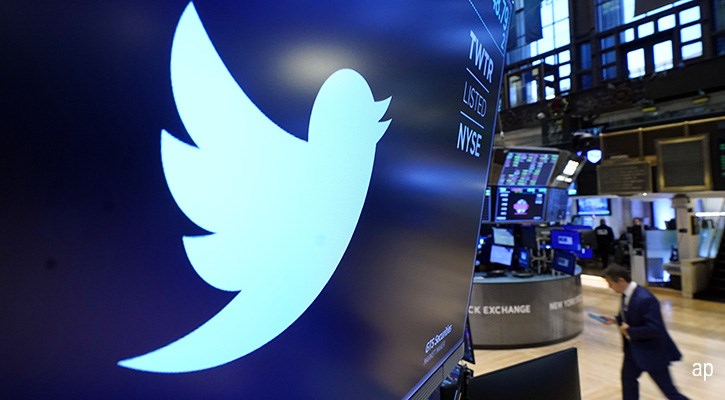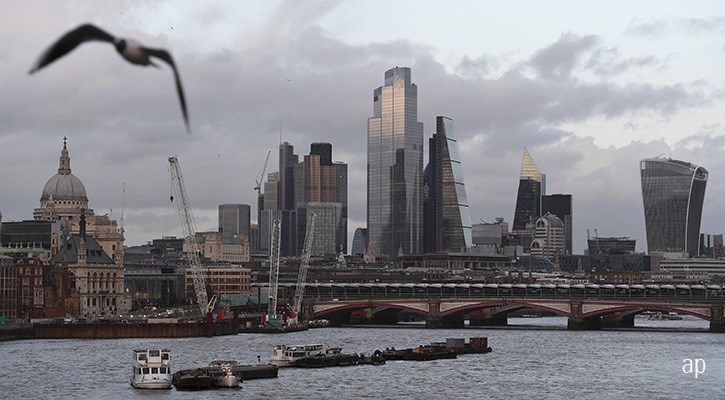
A new Covid-19 variant means that stock markets are volatile again and company valuations are shifting all the time.
The discovery of Omicron was the trigger for the first sell-off, followed a rebound, then another bout of weakness as Moderna's chief executive said that current vaccines will struggle to combat the new strain of coronavirus. A shakeout follows every market wobble, and, during the pandemic era, it’s been the most economically sensitive stocks like airlines that have been in the firing line. We’ve recently looked at some undervalued European stocks, now we’re shifting our attention to highly overvalued stocks.
There are 159 shares covered by Morningstar considered to be significantly overvalued, with a 1-star rating. That’s 45 more than the 114 stocks rated as 5 star, while the majority (694) of global shares under our coverage are fairly valued.
Valuation extremes are always relevant to investors as they flag up potentially cheap shares or pricey ones to avoid.. Let’s look in detail at the overvalued stocks as the group contains some high-profile names, like Ferrari (RACE), Airbnb (ABNB), L’Oreal (OR), Moderna (MRNA) and Netflix (NFLX).
Our analysts screen using the metric “price/fair value” and it’s a simple one, comparing the current share price with its fair value: a price/fair value of 1 means the company is as close to being fair valued, while anything about 2 means it’s double its fair value etc.
Looking at our list, we’ve uncovered the most overvalued in a cohort of already overvalued names. Only two have the accolade of trading three times above their fair value: French luxury goods firm Hermes (RMS) and Chinese carmaker Great Wall Motor Company (02333).
Hermes currently trades at €1,653 and it has a fair value of €540, while Great Wall Motor trades around 32 Hong Kong dollars but its fair value is HK$8.80. According to analyst Ivan Su, market expectations have ran far ahead of what the company can realistically match, in terms of earnings – and production.
“The current market valuation has built in very aggressive earnings expectations, but we are less optimistic because of industry overcapacity and the highly competitive nature of the Chinese auto market. We do not believe the company can grow its sales volume to management's target of 4 million by 2025, from our estimated 1.3 million in 2021,” he says.
So why is Hermes considered to be so overvalued? While company valuations in the sector have reached new records, helped by lockdown savings and soaring asset prices, this is likely to be temporary, explains Morningstar luxury goods analyst Jelena Sokolova. China’s crackdown on conspicuous consumption is also expected to curb demand from this pivotal country, she adds.
The least overvalued of the overvalued stocks are Japan’s hygiene company Unicharm and Denmark’s hearing aid firm Demant, although they are still trading 30% above their fair values. As you would expect, the United States is home to the most overvalued stocks but otherwise the list is fairly geographically spread, with countries including Germany, Australia, Japan and Sweden.
The UK is represented by companies in very different industries – recent stock of the week RELX, Ferguson, United Utilities, Ashtead, Halma, Croda and Spirax-Sarco Engineering. That’s not to say that the UK overall is an expensive market, just that some of the companies’ valuations have become stretched, according to our analysts.
What is the "Fair Value Estimate"?
Morningstar behavioural economist Sarah Newcomb says:
“Morningstar analysts assign fair value estimates to stock based on the fundamental analysis of the company. The star rating is then based on how far off the market price is from that fair value estimate, adjusted for what we call uncertainty. A stock with a 5-star rating is one whose market price is well below the fair value estimate after being adjusted, and a 1-star stock is one whose stock price is far higher than the adjusted fair value estimate. A 3-star stock is one that’s about fairly valued.”
But 5-star stocks are not necessarily good and 1-star stocks “bad”.
“Star ratings don’t tell you if a company is a good one. Rather, they tell you if the price is good relative to the FVE. A great stock can sell at a bad price and vice versa,” she says.
"It's a smart shortcut that can help you determine whether the price of a stock is high or low compared with its fundamental value. It's a much more reasonable estimate of the long-term fair value of a stock than whatever people are willing to buy it for today.” The fair estimate is based on analysis of the company's balance sheet rather than on current market sentiment and should not be seen as a price target, or indeed a recommendation to buy or sell.
Morningstar’s rating system also factors in an uncertainty adjustment (known as the Fair Value Uncertainty rating). As the Uncertainty rating goes up, so does the discount we require for a company to earn a 5-star rating, given the lower confidence in the precision of our fair value estimate.
On our list, we can add a another screen for the uncertainty rating and Netflix, Shopify, Square and Moderna are names flagged up as having a “very high” uncertainty rating, the maximum level. “Stars are an indicator of what our analysts think in terms of how attractive the stock as an investment right now,” says Morningstar director of equity research, Alex Morozov.
The uncertainty rating, however, is a crucial part of that measure, assessing how volatile earnings or cash flow are likely to be in the next five to 10 years. He describes this as “risk rating” for a business--and there’s plenty of risk around at the moment.
Newcomb also says investors need to factor in other metrics such as economic moats, as well as ESG Risk Ratings. For example, Accenture, RELX and Wolters Kluwer have the highest ESG Ratings of 5 Globes, which means their ESG Risk is “Negligible”.





























